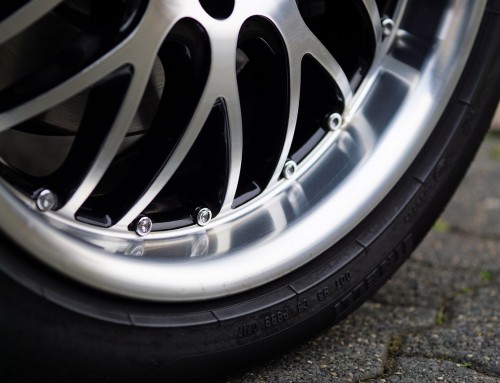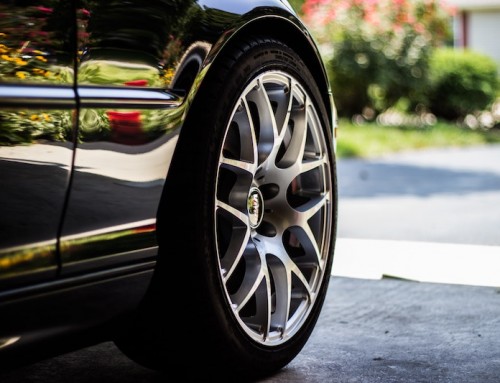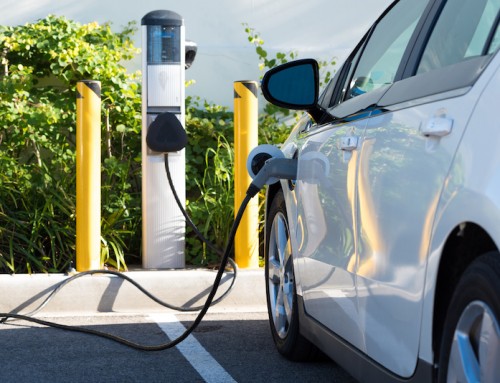Buying a New Car vs. a Certified Pre-Owned Car: Which is Right for You?
When it comes to purchasing a new car, every buyer has a myriad of options to choose from. You can buy new, used, or even certified pre-owned if you’re looking for something that is in-between. However, the decision of which option to go with can be met with worries, concerns, and questions about which is right for you. For these reasons, most buyers go with either new cars or those that are certified pre-owned, as both have a lot to offer in terms of value. If you’re not sure which to go with for yourself, take a moment to read more about what each has to offer below.
Buying a New Car
There are many advantages of purchasing a new car, especially since dealers offer so many incentives to make it worth your money. For instance, some manufacturers will give you cash back, extended service contracts, or even extended warranties that cover the vehicle for 10 years or more. Another benefit is the fact that you’re getting a car that has never been owned by anyone else, which means it hasn’t been in an accident or had repairs done. For most people they believe that this means the car will be less likely to break down, especially since they don’t have to worry about whether or not previous owners had abused the vehicle.
When it comes to the disadvantages of buying a new car, the biggest is the fact that the value declines rapidly (around 15%) as soon as you drive off of the lot. This rapid depreciation can mean paying more than the car is worth after just owning it for minutes or days, which is never a good deal. Factoring in the high insurance costs and taxes means that the price for a brand new ride can skyrocket much higher than most people ever anticipate.
Buying a Certified Pre-Owned
Certified pre-owned vehicles have become increasingly popular because they offer extended warranties that provide drivers with peace of mind. In addition to this, they tend to be much more affordable than new cars although not as budget-friendly as those that are used. CPO vehicles also go through an extra step of dealer review, as they look as things such as the mechanical state, physical condition, and mileage to confirm what type of shape the car is in. For the buyer this can mean added safety as well as a potentially higher re-sale value down the road.
One of the most noticeable disadvantages of purchasing certified pre-owned cars is the fact that they are more expensive than non-certified vehicles. They also may not have the same level of warranty that new cars have, meaning repairs could come sooner than anticipated. Additionally, the selection of vehicles in this market can be very limited at times, which drives the price of inventory up.
Final Thoughts
If budget is less of a concern and you’d rather have peace of mind knowing you’re in reliable vehicle, then buying a new car may be the right option for you. On the flip side, if you’re looking for a deal and still want reasonable warranty coverage, then CPO is likely the ideal choice. However, it’s important to make sure you do your research, consider your budget, and look at pros and cons in order to decide what’s best for your lifestyle.








